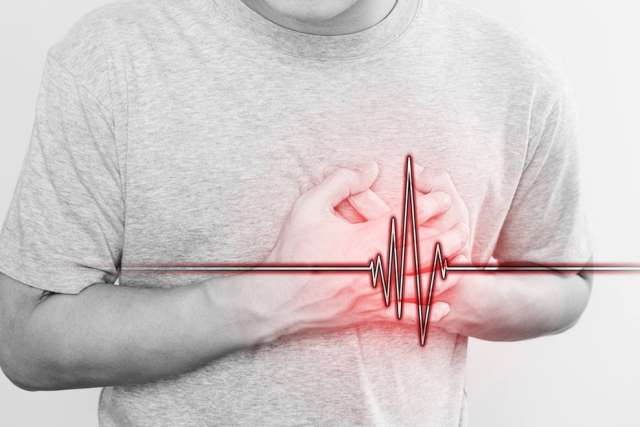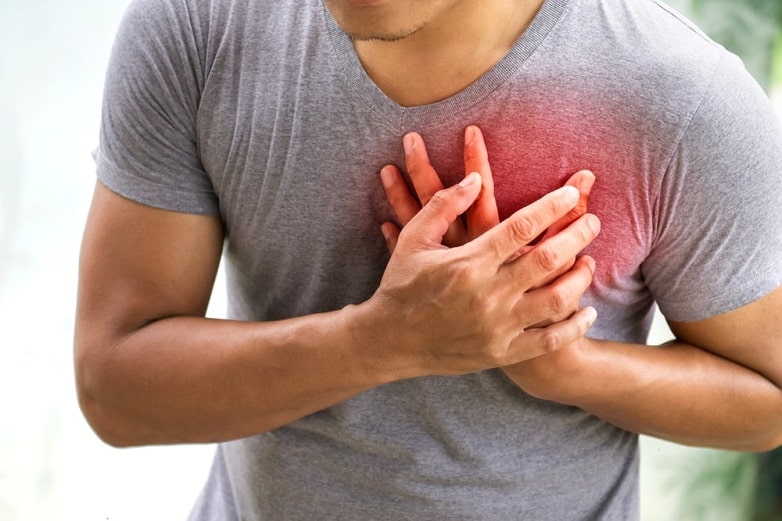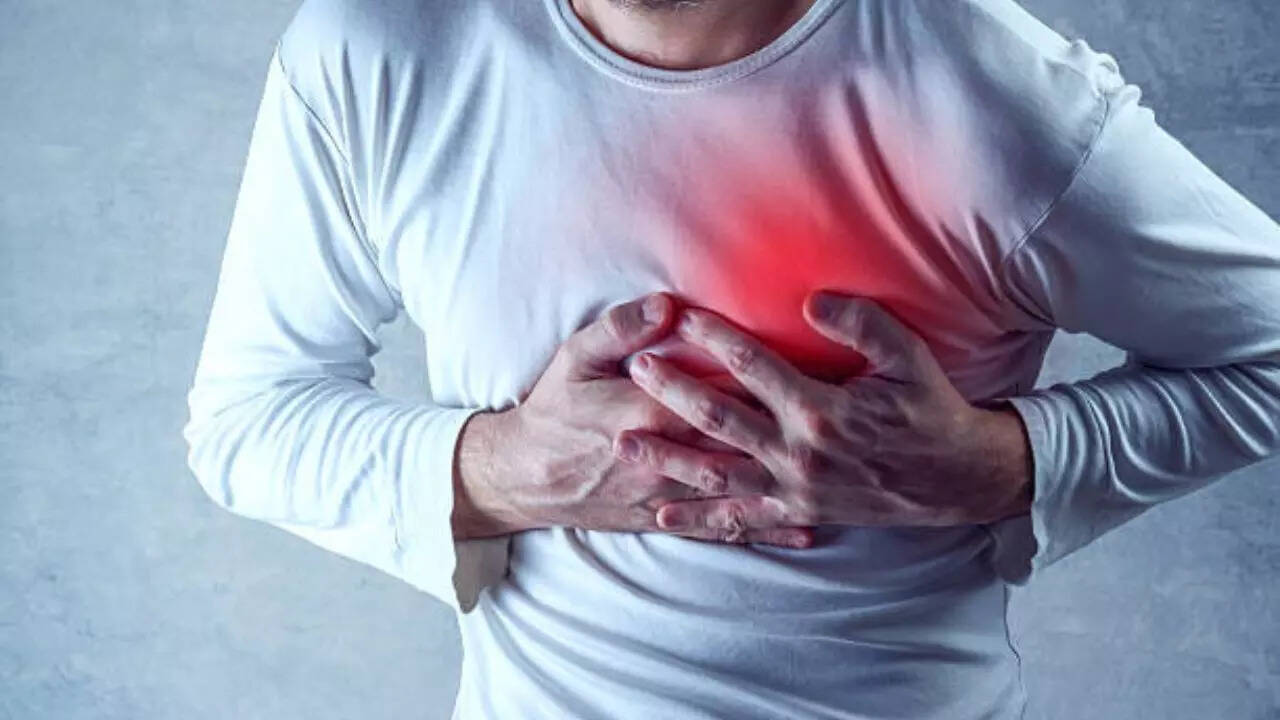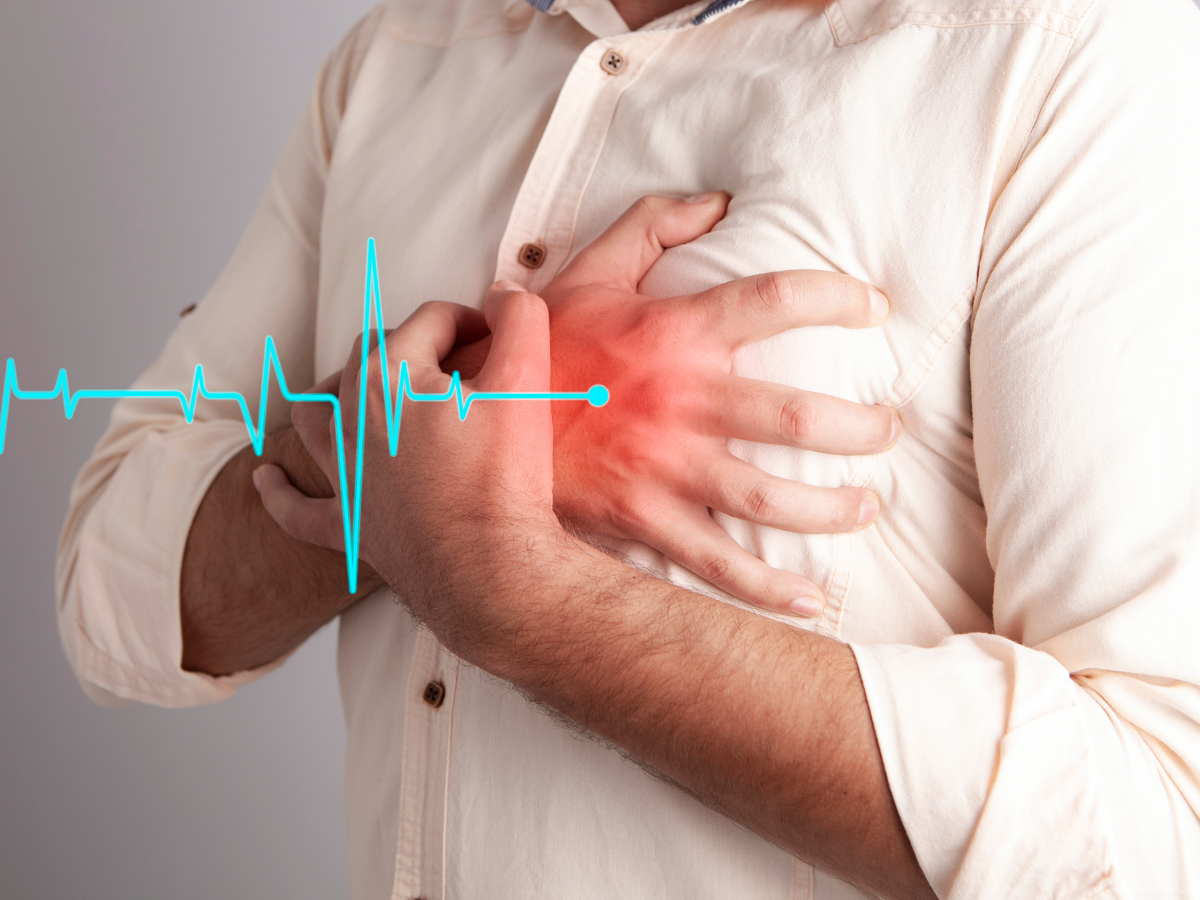Heart disease remains one of the leading causes of death worldwide, and heart attacks (also known as myocardial infarctions) are a major contributor to that statistic. The alarming truth is that a heart attack can strike suddenly—yet, in many cases, your body will present subtle warning signs well before the critical event. Recognizing these signs might give you a crucial window—sometimes up to a month—to seek medical attention and possibly prevent severe damage.
In this comprehensive guide, we’ll explore seven key symptoms that often manifest in the weeks preceding a heart attack. Although these signs can sometimes be linked to other conditions, being aware of them could help you detect underlying heart problems early. Read on to learn what to watch for, how these symptoms connect to heart health, and what steps to take if you experience them.
1. Unusual Fatigue

Fatigue is a common complaint for many, but a specific type of chronic, unusual tiredness can signal that your heart is under strain. If you find yourself feeling exhausted from routine tasks—such as climbing a few stairs or walking short distances—your body could be trying to tell you something.
Why It Happens
When coronary arteries begin to narrow, your heart has to work harder to deliver sufficient oxygen throughout your body. This increased effort can leave you feeling wiped out. Women, in particular, often report unexplained fatigue leading up to a heart attack.
What to Do
- Monitor your energy levels: Keep track of how often you feel unusually tired, especially after minor activities.
- Consult a healthcare professional: If your fatigue is persistent and interferes with daily life, mention it to your doctor. They may recommend tests such as an ECG (electrocardiogram) or blood work to rule out potential heart issues.
2. Shortness of Breath
Shortness of breath, or difficulty breathing (dyspnea), can be more than just feeling winded after a brisk walk. When it surfaces unexpectedly during routine tasks, it might be a sign of an impending heart attack.
Why It Happens
As plaque builds up in your arteries, blood flow can become restricted. This blockage means your heart and lungs may not receive adequate oxygen. Your body’s response to an insufficient oxygen supply is often labored breathing.
What to Do
- Note when it occurs: Is it worse at night or during mild activity? Tracking the patterns can help doctors pinpoint the cause.
- Check for accompanying symptoms: If shortness of breath comes with chest discomfort or dizziness, seek medical help promptly.
3. Chest Discomfort or Pressure

Chest discomfort does not have to be a sharp pain to merit concern. Many people describe it as a pressure, tightness, or burning sensation in the chest. This discomfort can radiate to the arms, jaw, or back, sometimes making it easy to mistake for muscle pain or indigestion.
Why It Happens
A majority of heart attacks are caused by blockages in the coronary arteries. As these arteries narrow, the heart struggles to pump effectively, creating feelings of stress or heaviness in the chest region.
What to Do
- Never ignore chest pain: Even if it’s mild, repeated or persistent tightness is a critical sign.
- Seek immediate medical attention if severe: Sudden, severe chest pain accompanied by sweating or fainting is an emergency. Call 911 or your local emergency services.
4. Dizziness or Lightheadedness
Feeling lightheaded or dizzy is a symptom that can be triggered by many factors, including dehydration, low blood sugar, or standing up too quickly. However, if these dizzy spells become frequent and unprovoked, it may point to cardiovascular issues.
Why It Happens
When the heart’s pumping efficiency is compromised—due to blocked arteries or other heart conditions—blood flow to the brain can decrease. This reduced circulation might cause periods of dizziness or feeling faint.
What to Do
- Sit or lie down immediately: Avoid falling or causing injury if you sense a dizzy spell coming.
- Document episodes: Keep a log of frequency, duration, and associated triggers. Share this with your healthcare provider.
5. Persistent Nausea or Indigestion

Believe it or not, nausea, indigestion, or stomach pain can sometimes be early signs of heart trouble. It’s easy to write these off as gastrointestinal issues, but persistently upset stomach or vomiting could be your body’s way of communicating heart distress.
Why It Happens
The vagus nerve connects the stomach to the brain and heart, creating a complex interplay. Reduced blood flow or excess stress on the heart can trigger signals that manifest as indigestion or queasiness.
What to Do
- Don’t rely on antacids alone: While mild stomach issues can be resolved with medication or dietary changes, persistent or worsening nausea warrants a medical check.
- Look for patterns: If indigestion repeatedly appears alongside chest discomfort or shortness of breath, talk to a healthcare provider immediately.
6. Pain or Discomfort in the Upper Body
Men and women alike may experience unusual discomfort in the arms, shoulders, jaw, or back before a heart attack. Women, in particular, might experience referred pain in the jaw or between the shoulder blades rather than classic chest pain.
Why It Happens
Heart-related discomfort can radiate due to the shared pathways of nerves. For example, pain that starts in the chest can travel along these pathways to the arm (often the left arm) or up to the jaw.
What to Do
- Pay attention to recurring twinges: Minor aches can be easy to ignore, but recurrent or growing pain is a red flag.
- Seek medical advice: Mention any unusual or unexplained arm, back, or jaw pain during a medical check-up, especially if combined with other warning signs.
7. Heart Palpitations or Irregular Heartbeat
Some individuals report heart palpitations—a feeling of fluttering, pounding, or abnormal heartbeats in the chest—in the weeks leading to a heart attack. While occasional palpitations might be related to anxiety, dehydration, or caffeine intake, consistent irregularities can be tied to heart problems.
Why It Happens
Reduced blood supply or electrical conduction issues in the heart can trigger arrhythmias or palpitations. If your heart is working overtime to compensate for narrowed arteries, you might notice more frequent or forceful beats.
What to Do
- Record the frequency: Note how often you experience palpitations, their duration, and any accompanying symptoms such as dizziness or shortness of breath.
- Consult a professional: An EKG or Holter monitor can help detect irregularities in your heartbeat that may signal underlying cardiac issues.

When to Seek Help
If you experience one or more of these symptoms—especially if they occur frequently or in clusters—consider speaking to a healthcare provider. While not every instance of fatigue or indigestion is heart-related, being proactive can save your life. It’s often said that early detection is key in managing heart disease effectively.
Immediate red flags that warrant urgent medical attention include:
- Severe chest pain or pressure that lasts more than a few minutes.
- Intense shortness of breath or feeling like you can’t breathe.
- Fainting or near-fainting coupled with chest discomfort or dizziness.
- Sudden weakness or numbness in the arms or legs, especially on one side of the body.
Tips for Prevention and Heart Health
- Regular Check-Ups: Schedule annual physicals, especially if you have risk factors like high blood pressure, high cholesterol, or a family history of heart disease.
- Healthy Lifestyle Choices: Incorporate nutrient-rich foods, maintain a healthy weight, and stay active with moderate exercise. Avoid smoking and limit alcohol.
- Manage Stress: Chronic stress can strain the heart. Techniques like meditation, yoga, or even short walks can have a surprisingly positive impact.
- Stay Hydrated: Drinking adequate fluids supports proper blood circulation and overall health.
- Know Your Numbers: Keep track of your cholesterol, blood sugar, and blood pressure levels. Early detection of abnormalities is crucial.

The Importance of Being Vigilant
Heart attacks can happen to anyone, regardless of age or gender. While men often display more classic symptoms such as chest pain, women sometimes have subtler warning signs like jaw pain, unusual fatigue, or nausea. Recognizing these early symptoms provides a window to seek medical advice and potentially avoid life-threatening complications.
Moreover, not every heart problem is preceded by blatant warning signs. Thus, it’s essential to adopt a preventive mindset—treat your heart well through a balanced diet, regular exercise, and routine medical evaluations.
Conclusion
Your body is remarkably attuned to changes and will often send signals when something is amiss. By learning to identify the signs—ranging from unusual fatigue and shortness of breath to chest discomfort and palpitations—you can potentially act before a full-blown heart attack occurs. If you notice a combination of these seven warning signs or if something just feels “off,” don’t dismiss it as a mere coincidence.
Early intervention can be a lifesaver. Whether it’s adjusting your lifestyle, getting tests like an electrocardiogram, or starting a prescribed medication, you have tools to protect your health. Ultimately, knowledge is power when it comes to heart disease. Stay informed, stay vigilant, and don’t hesitate to consult a medical professional if you suspect trouble on the horizon.

